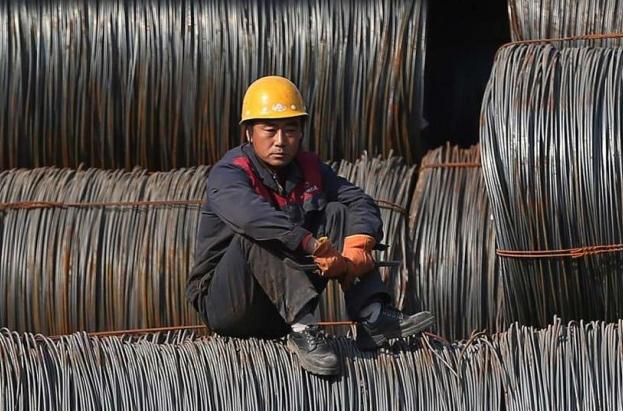
Daniel Ikenson, Director, Cato Institute’s Herbert A. Stiefel Center for Trade Policy Studies
May 15, 2017
Affirmative findings would give the president statutory authority to raise import barriers to protect domestic sources. But invoking national security to justify protectionism is an extreme measure—the “nuclear option” of international trade law—that would generate some undesirable consequences for U.S.-China relations, as well as for the rules-based trading system itself.
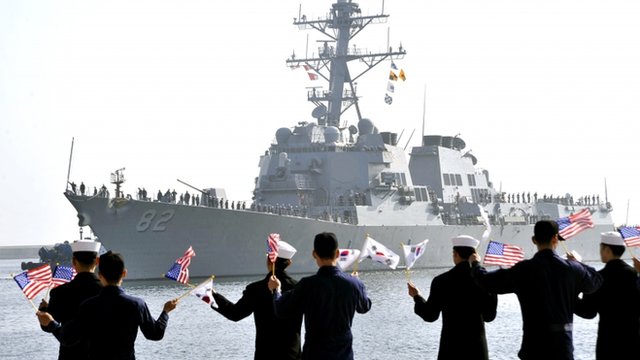
Ted Galen Carpenter, Senior Fellow, Randolph Bourne Institute
May 15, 2017
The nature of Washington’s alliance network was always based on the assumption that the United States was firmly in charge of policy decisions. The risk inherent to America’s allies from that arrangement is now becoming increasingly evident.

Colin Moreshead, Freelance Writer
May 05, 2017
Currently, there is no sufficient distinction in international law or norms to be made between simple system breaches and more malicious actions that damage or destroy systems, and that will almost certainly become necessary for the United States and China alike.
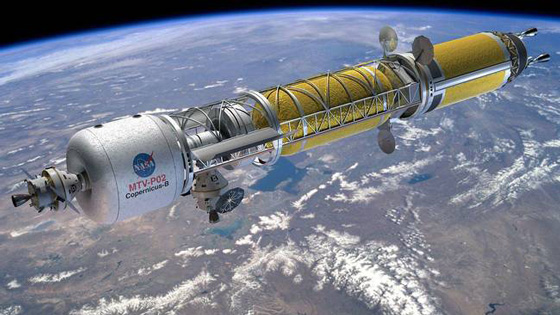
Joan Johnson-Freese, Professor, US Naval War College
May 02, 2017
If the past is any predictor of the future, then whatever capabilities the U.S. develops, other countries will as well. This has reinvigorated the current security dilemma that has long plagued space strategy based on technology defending technology, particularly in the case of the U.S. and China. It is in every country’s interest to pursue ways to enhance communication and clarify expectations of responsible actors in space with as much vigor as they do contingency warfighting plans and the development of new warfighting technologies. That, unfortunately, has not been the case, even though the last two years have seen more progress in diplomatic space efforts through the Committee on the Peaceful Uses of Outer Space than any other time prior.
Amitai Etzioni, Professor, International Relations at The George Washington University
May 02, 2017
A salience-based bargain considers the salience each country considers as its core interest. When applied to China-U.S. relations, it could be helpful in making concessions on both sides in order to come to an agreement on dealing with North Korea.
Doug Bandow, Senior Fellow, Cato Institute
Apr 27, 2017
Both the Chinese Communist Party and People’s Liberation Army have a special interest in the PRC’s relationship with the North. But presidents Xi Jinping and Donald Trump seem to understand each other on the Korean Peninsula issue, and there may be no better opportunity for the U.S. and Chinese governments to come to an understanding.
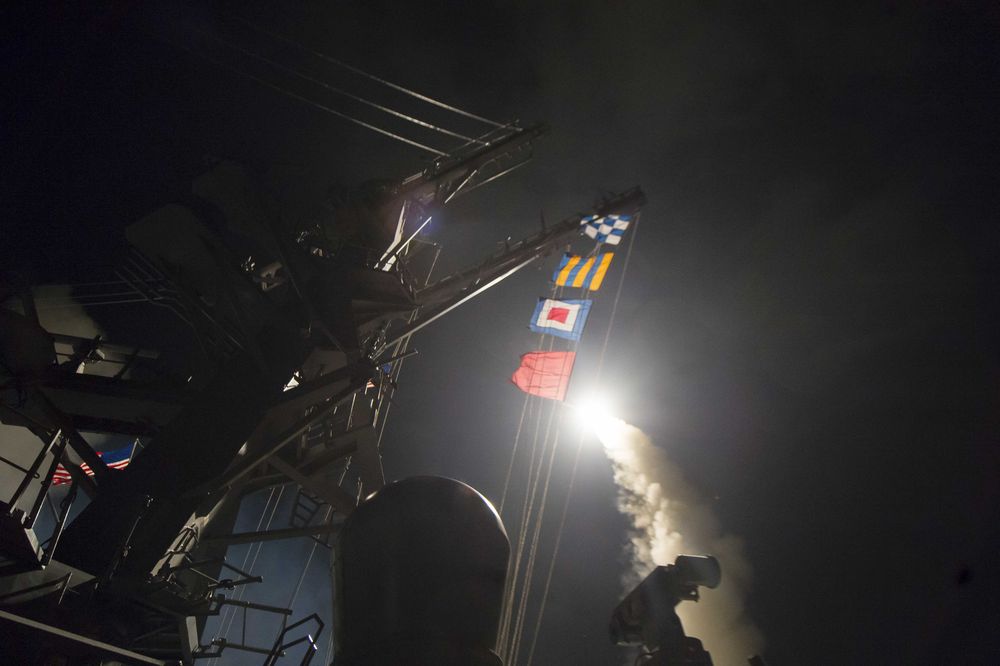
Tian Shichen, Founder & President, Global Governance Institution
Apr 19, 2017
The apparent unilateral action in violation of international law by the U.S. sends an alarming signal to the international community. Whether this is just a one-off deal or it signals the Trump administration’s change of policy back to unilateralism, it brings unpredictable consequences to international peace and stability.
Zhang Tuosheng, Principal Researcher at Grandview Institution, and Academic Committee Member of Center for International Security and Strategy at Tsinghua University
Apr 19, 2017
China-US military relations have reached another crossroads with Donald Trump as the new US president. Whether the two sides tend to have more competition and friction or more dialogue and cooperation will shape the two countries’ overall relationship in a major way.
Wang Zhen, Professor and Deputy Director, Institute for International Relation Studies, Shanghai Academy of Social Sciences
Apr 19, 2017
China and the US have different positions on the Syria situation, but they share many common interests too, including restoring peace and stability in the region, cracking down on extremists and rebuilding regional order and the balance of power in the Middle East. The countries differ over how to achieve these goals.
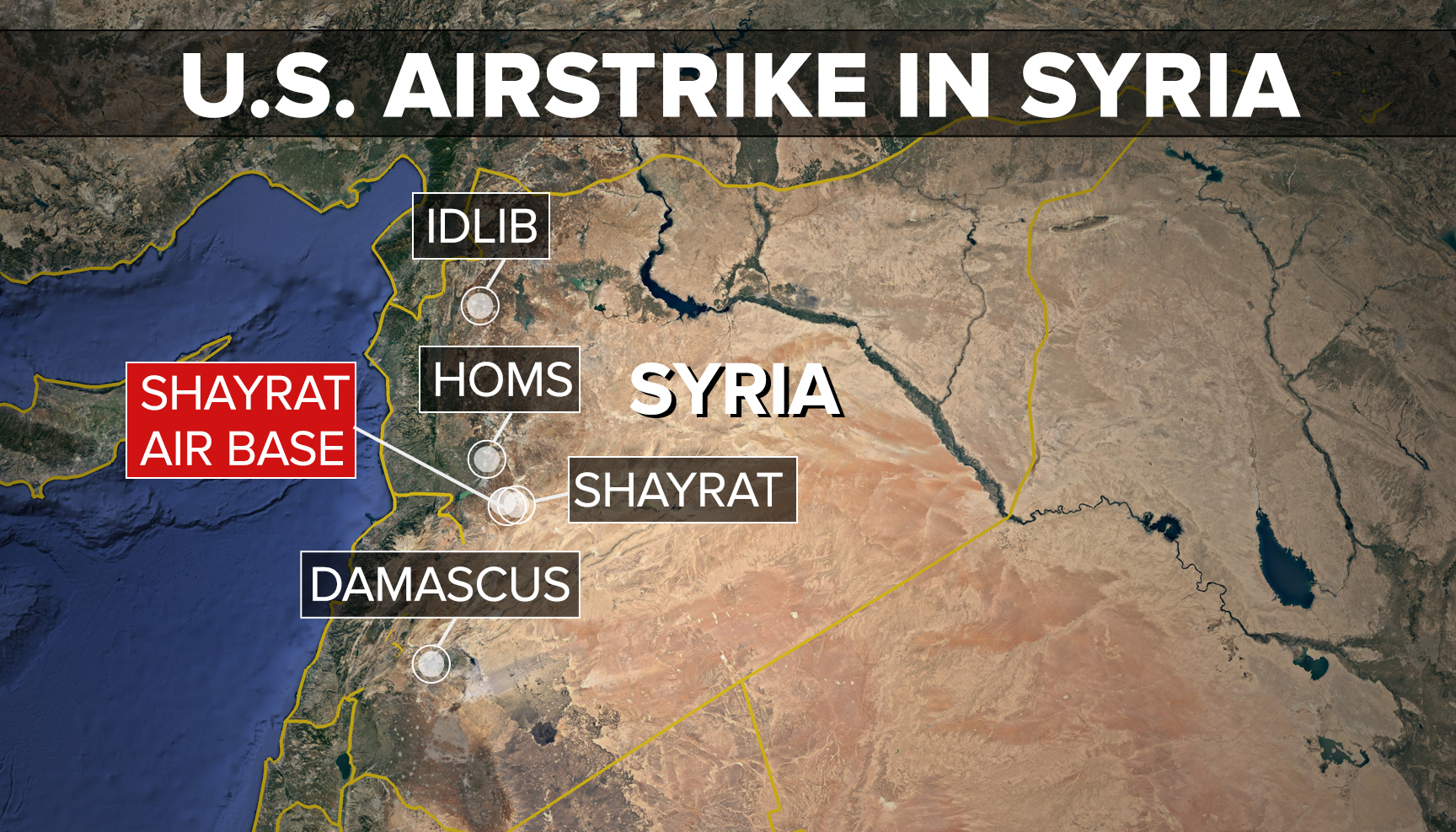
He Wenping, Senior Research Fellow, Charhar Institute and West Asia and Africa Studies Institute of the China Academy of Social Sciences
Apr 19, 2017
Either scenario is possible, depending on what investigators discover about who was really responsible for the gas attack. Whatever the outcome, big-power cooperation against terrorism has been weakened, and IS terrorists likely were the only ones who were actually cheering amid the explosions of Tomahawk cruise missiles.
Back to Top

- China-US Focus builds trust and understanding between the U.S. and China through open dialogue among thought leaders.
- Our Offerings
- Topics
- Videos
- Podcasts
- Columnists
- Research Reports
- Focus Digest
- Stay Connected
-
Thanks for signing up!
- Get the latest stories from China-US Focus weekly.